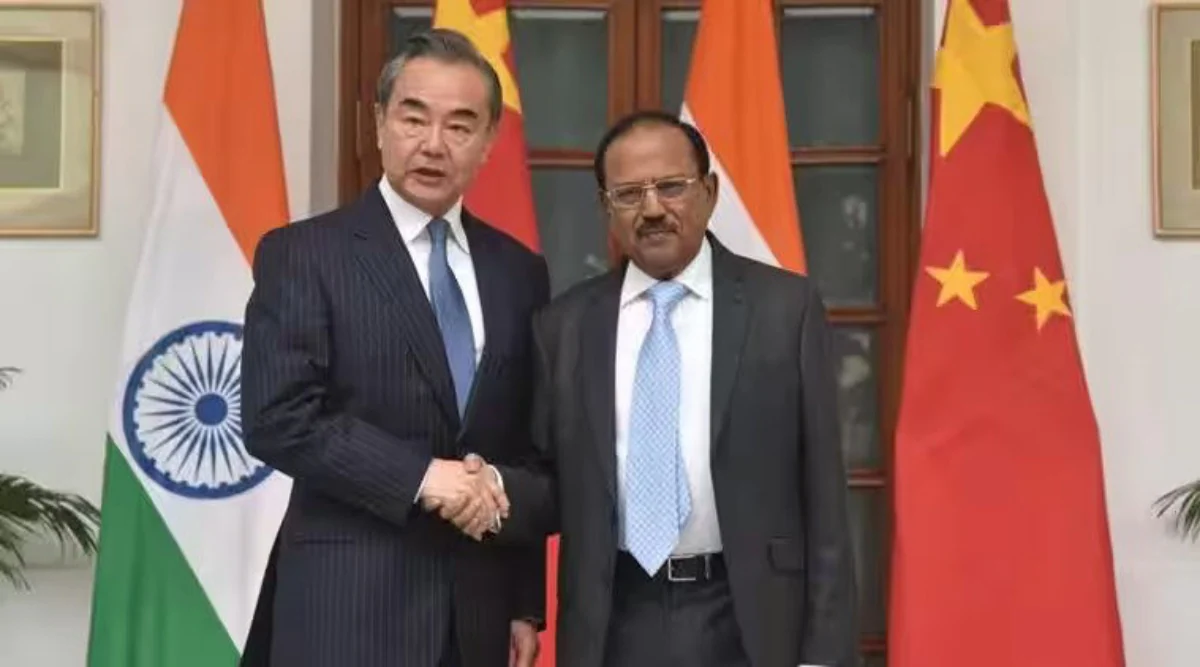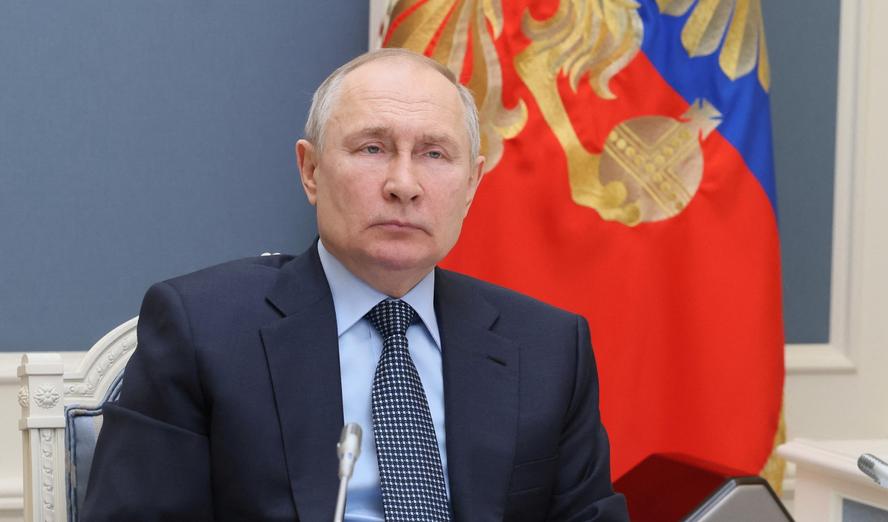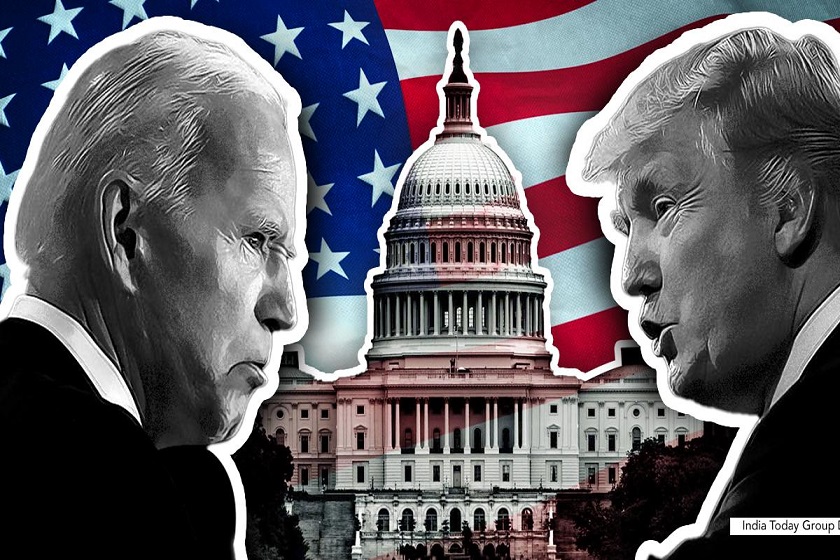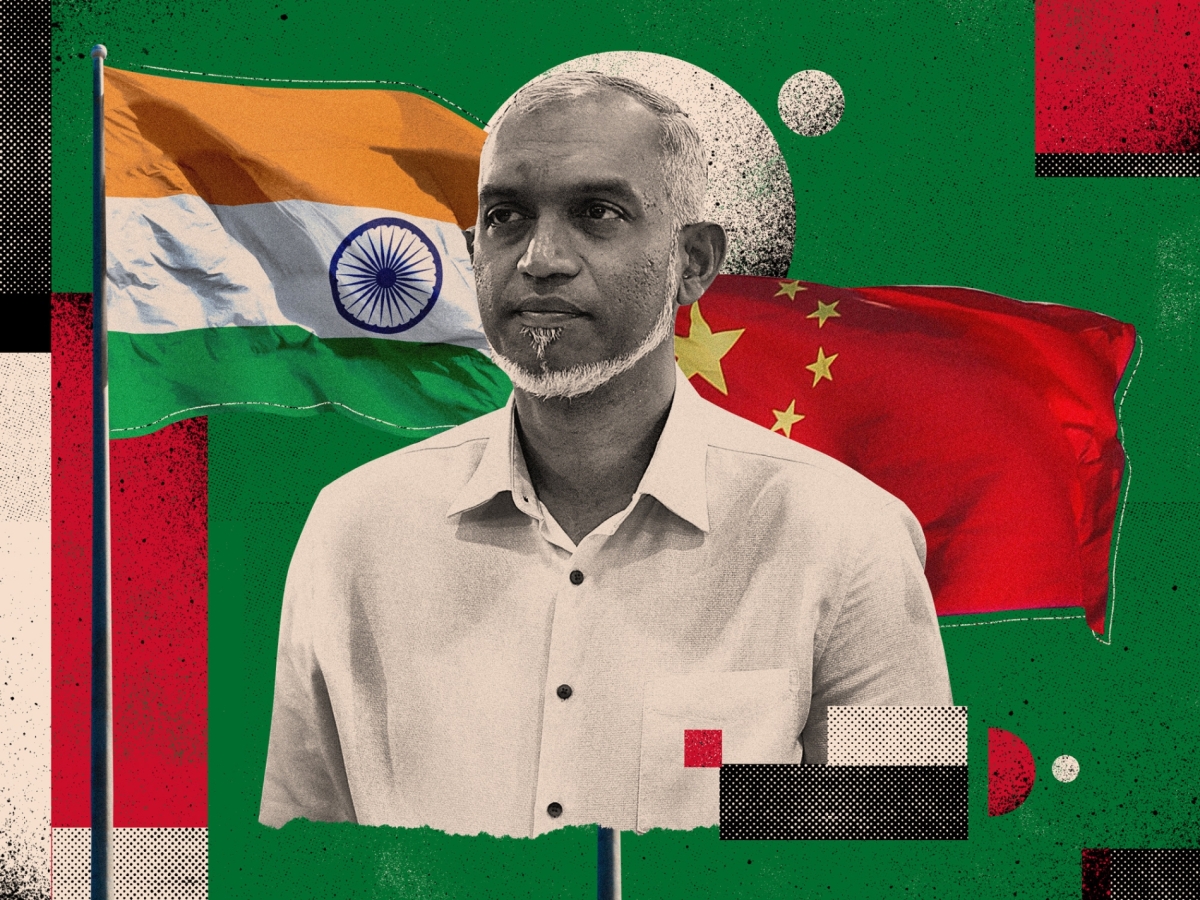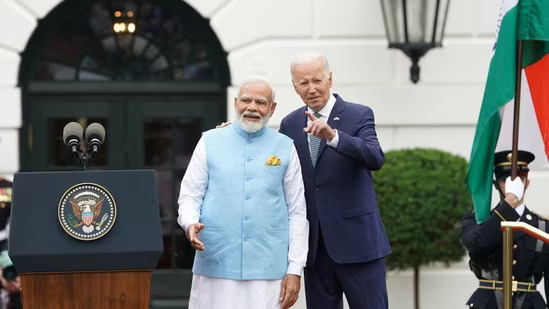Unfolding Geopolitics, Episode 17 | Navigating the India-China bilateral
On December 18, India’s National Security Advisor Ajit Doval and Chinese Foreign Minister Wang Yi met in Beijing. This came two months after Prime Minister Modi’s bilateral meet with President Xi on the sidelines of the BRICS Summit in Russia. Lt Gen S L Narasimhan, Adjunct Distinguished Fellow, National Security and China Studies, discusses recent developments in India-China ties and how New Delhi can manage its complex relationship with Beijing.

